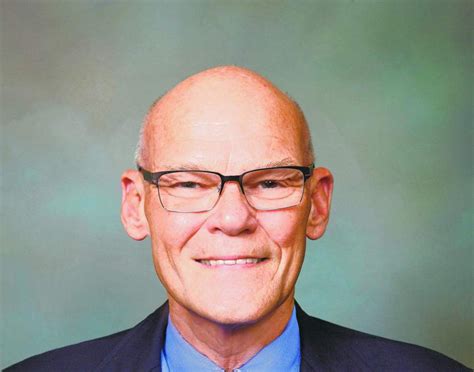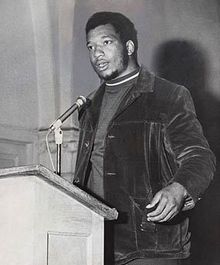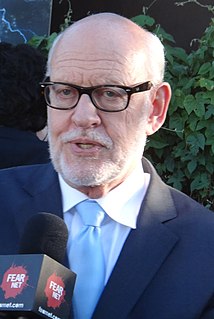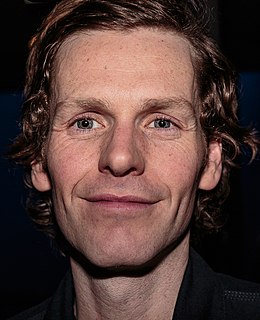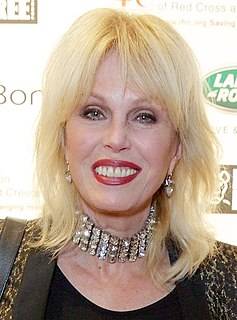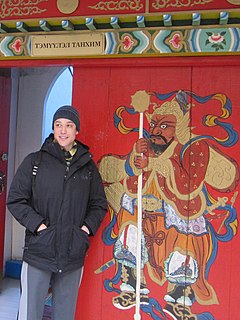A Quote by Seth
When you focus on delighting an audience you care about, you strip the masses of their power.
Related Quotes
Contrary to what we, the people, have been told, we are the power; we have supreme authority because we are the masses and true power always resides with the masses, never with the global elite who, by their very nature, have always been a vulnerable minority and will always continue to be...As long as the masses realize that, of course.
We got to face some facts. That the masses are poor, that the masses belong to what you call the lower class, and when I talk about the masses, I'm talking about the white masses, I'm talking about the black masses, and the brown masses, and the yellow masses, too. We've got to face the fact that some people say you fight fire best with fire, but we say you put fire out best with water. We say you don't fight racism with racism. We're gonna fight racism with solidarity. We say you don't fight capitalism with no black capitalism; you fight capitalism with socialism.
There's an appetite for vigour in films. The camera loves a bit of movement. Movement is usually attached to younger people and men, and that's just the way it is. I think that it's a bitter pill to swallow, but it's a fact that there aren't going to be masses and masses of roles for older women because there isn't the audience for it.
Politics is the business of getting power and privilege without possessing merit. A politician is anyone who asks individuals to surrender part of their liberty - their power and privilege - to State, Masses, Mankind, Planet Earth, or whatever. This state, those masses, that mankind, and the planet will then be run by ... politicians.
I don't understand choreographers who say they don't care about the audience or that they would be happy to present their works non-publicly. I think dance is a form of communication and the goal is to dialogue with the audience. If an audience member tells me they cried or that the dance moved them to think about their own journey or a family member's, then the work is successful.


